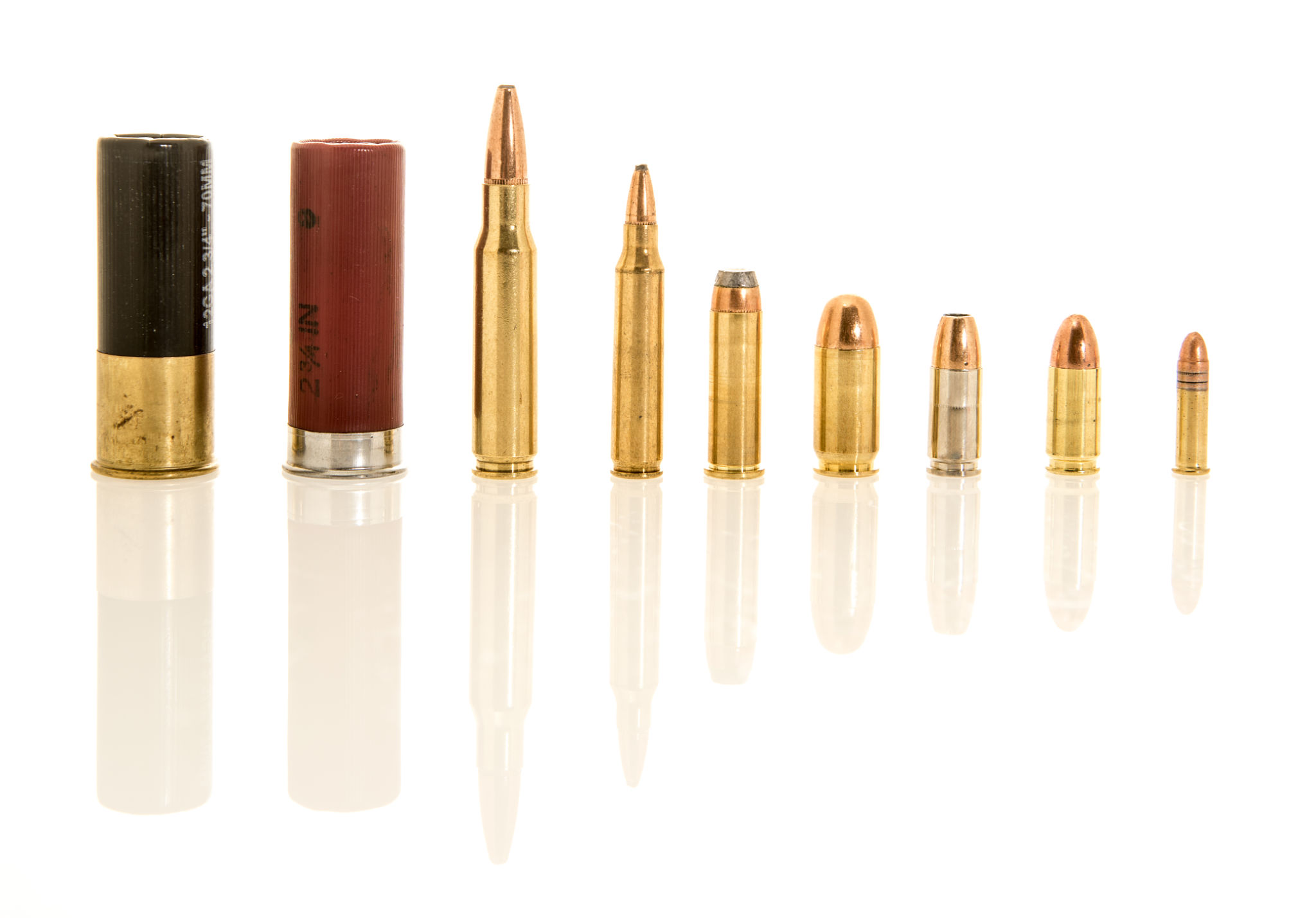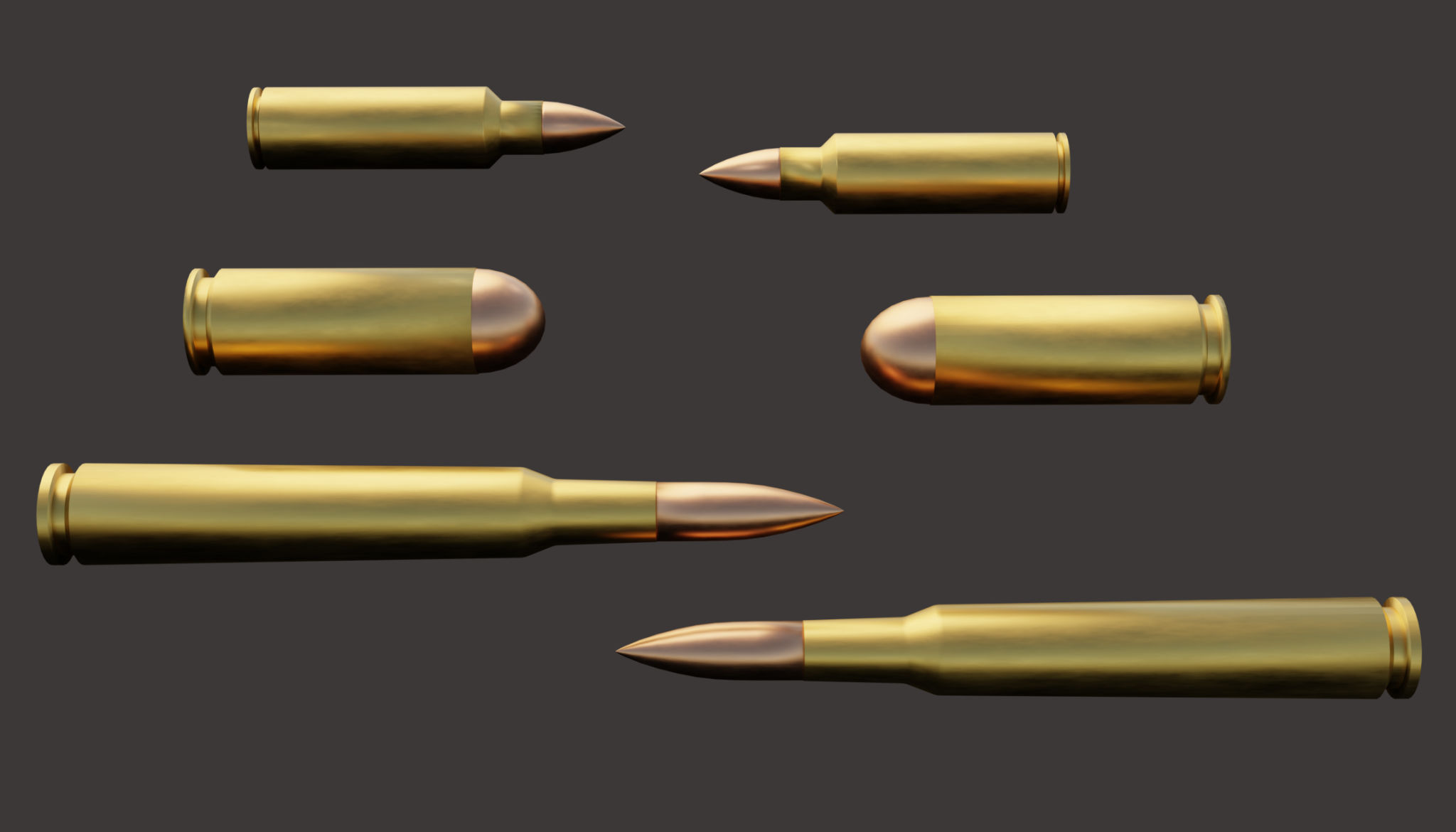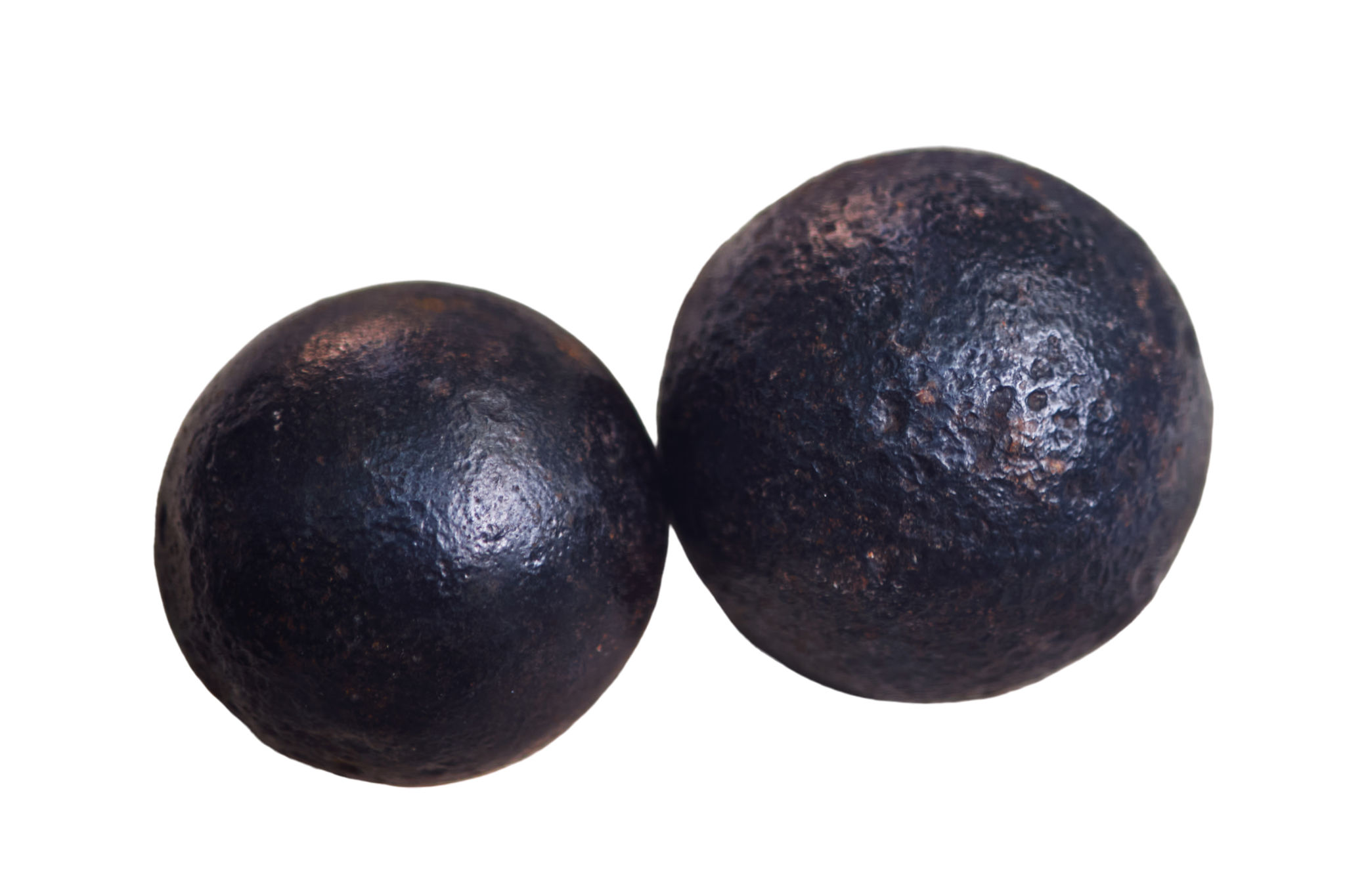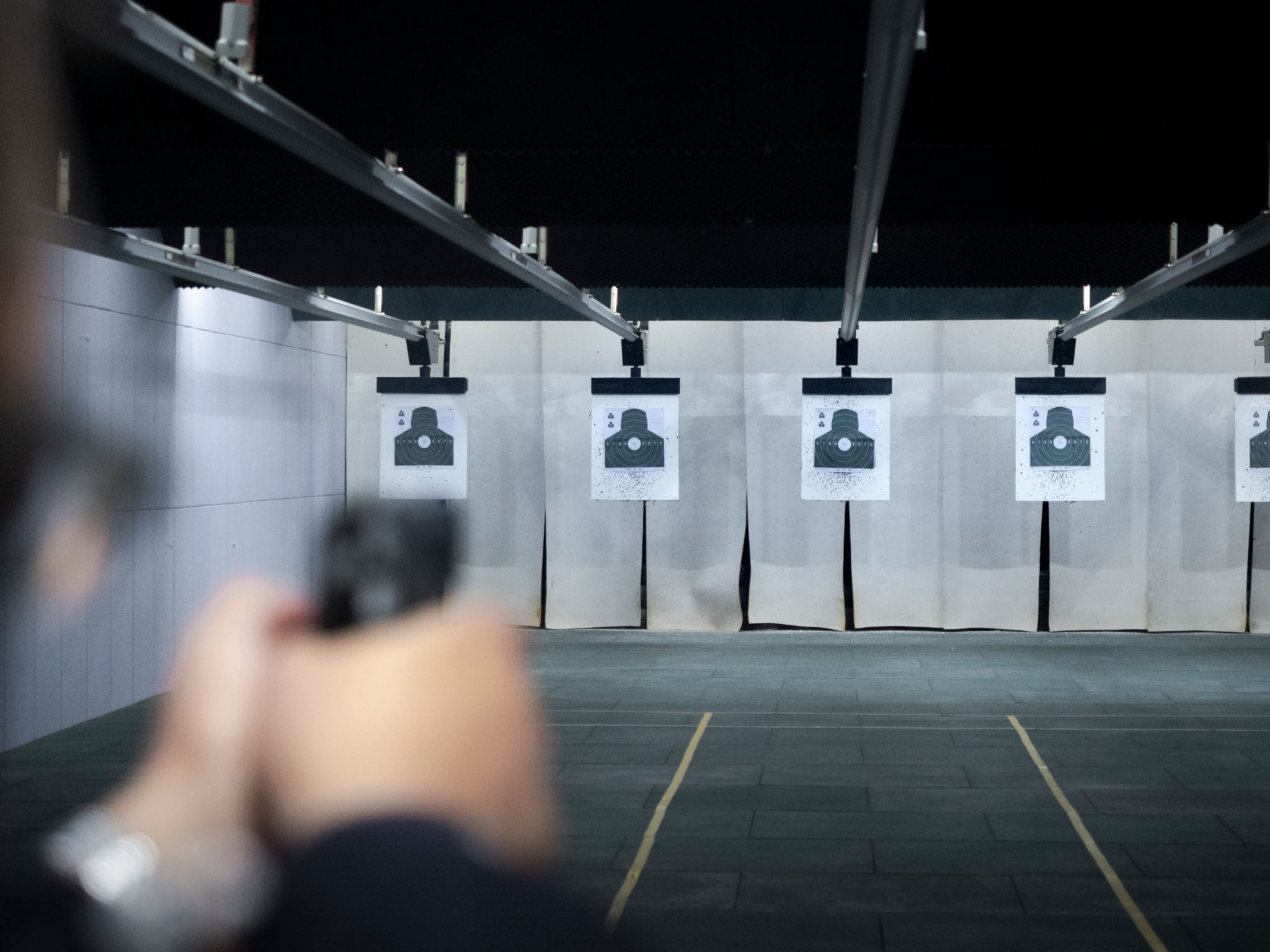How to Choose the Right Ammunition for Your Handgun
Understanding Caliber
Choosing the right ammunition begins with selecting the proper caliber for your handgun. Caliber refers to the diameter of the bullet and is a crucial factor in determining compatibility with your firearm. Handguns are designed to fire specific calibers, and using the wrong one can result in malfunctions or damage. Common calibers include 9mm, .45 ACP, and .40 S&W, each offering different advantages in terms of power, recoil, and capacity.

Factors Influencing Caliber Choice
When deciding on a caliber, consider the intended use of your handgun. For self-defense, a balance between stopping power and recoil is essential. Many choose 9mm for its manageable recoil and widespread availability. For target shooting, .22 LR is popular due to its low cost and minimal recoil, making it ideal for practice. Evaluate your needs and comfort level with different calibers.
Ammunition Types
Once you've determined the correct caliber, it's time to explore ammunition types. There are several types of bullets, each designed for specific purposes. The most common types are Full Metal Jacket (FMJ) and Hollow Point (HP). FMJ rounds are typically used for target practice due to their affordability, while HP rounds are preferred for self-defense because they expand upon impact, increasing stopping power.

Specialty Ammunition
In addition to FMJ and HP, there are specialty rounds like frangible and tracer bullets. Frangible ammunition disintegrates upon impact with hard surfaces, reducing the risk of ricochets, making it suitable for indoor ranges. Tracer rounds have a visible trajectory, useful for training in low-light conditions. However, these are often more expensive and less practical for everyday use.
Consideration of Bullet Weight
Bullet weight, measured in grains, affects performance significantly. Heavier bullets typically offer better penetration and may be more effective in certain defense scenarios. However, they often produce more recoil. Lighter bullets may provide higher velocity and less recoil but might not have the same stopping power. Experimenting with different weights can help you find the perfect balance for your needs.

Impact on Accuracy and Recoil
The weight of your bullet can also influence accuracy and handling. Lighter bullets generally have flatter trajectories, which can improve accuracy at longer distances. Conversely, heavier bullets may enhance accuracy at shorter ranges due to their stability. Recoil is another factor; lighter bullets usually result in less felt recoil, enhancing overall shooting comfort.
Evaluating Ammunition Brands
Not all ammunition is created equal; brand reputation can significantly impact performance and reliability. Established brands like Federal, Winchester, and Remington have built a reputation for high-quality ammunition. Researching reviews and conducting personal trials with different brands can help determine which one offers the best performance for your handgun.

Testing for Reliability
Before settling on a particular ammunition type or brand, it's crucial to test it in your handgun. Even high-quality ammunition can perform differently based on firearm specifics. Conducting trials will ensure reliability and help you gain confidence in your chosen setup. Consistent feeding and firing without malfunctions are indicators of good compatibility.
